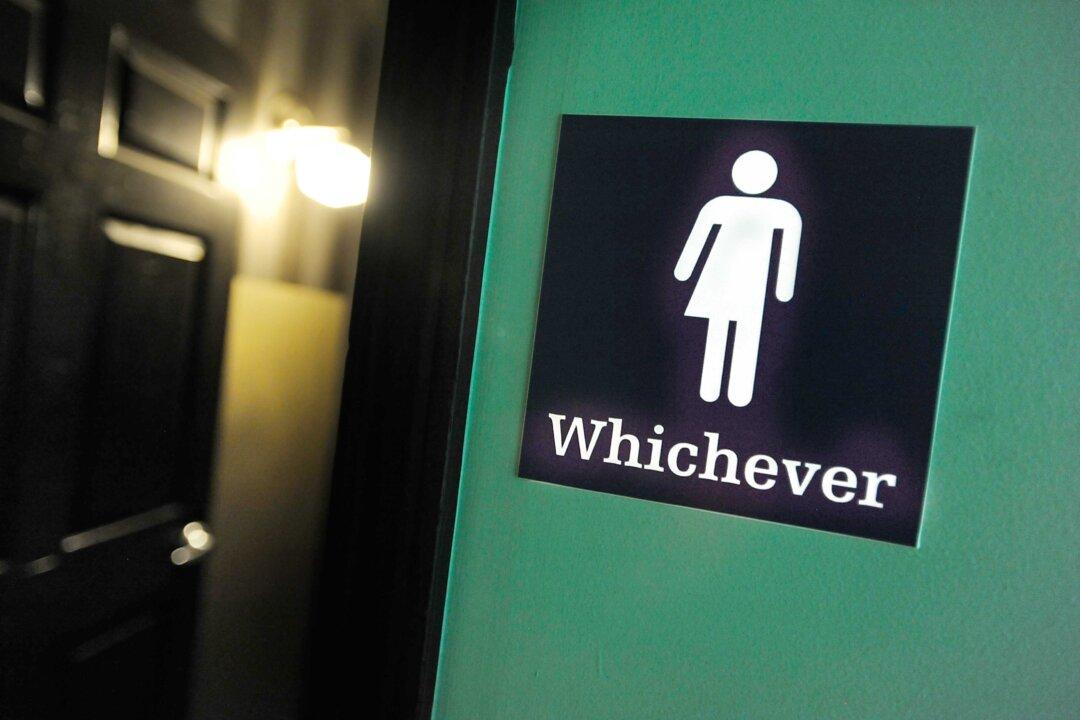Commentary
For years my mother has gone swimming several times per week at her local pool in Ottawa. The pool is a central part of her life, but recently her once-innocuous activity became unsafe.

For years my mother has gone swimming several times per week at her local pool in Ottawa. The pool is a central part of her life, but recently her once-innocuous activity became unsafe.